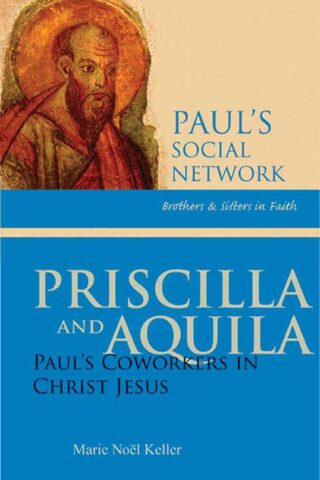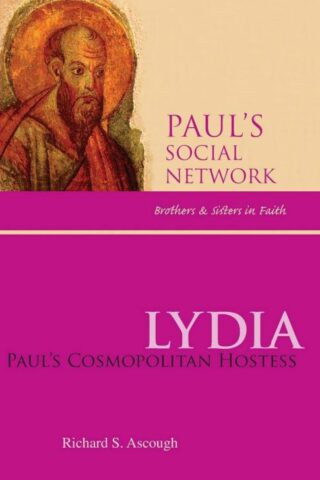Bruce Malina
Showing all 2 resultsSorted by latest
-
Priscilla And Aquila
$19.95Add to cartHuman beings are embedded in a set of social relations. A social network is one way of conceiving that set of relations in terms of a number of persons connected to one another by varying degrees of relatedness. In the early Jesus group documents featuring Paul and coworkers, it takes little effort to envision the apostle’s collection of friends and friends of friends that is the Pauline network. The persons who constituted that network are the focus of this set of books. For Christians of the Western tradition, these persons are significant ancestors in faith. While each of them is worth knowing by themselves, it is largely because of their standing within that web of social relations woven about and around Paul that they are of lasting interest. Through this series we hope to come to know those persons in ways befitting their first-century Mediterranean culture.
In her exploration of the texts about Priscilla and Aquila, Marie Nol Keller asks, “What does God want us to learn from their story?” The biblical writings show that they worked, lived, and traveled with Paul. As his trusted coworkers, Priscilla and Aquila provided a presence that strengthened the early Jesus groups. Their mutuality in ministry and their leadership as laypeople can inspire members of church communities today to work together as teachers and preachers of the gospel.
-
Lydia : Pauls Cosmopolitan Hostess
$14.95Add to cartWomen played a prominent role in the development of the early Jesus communities and formed an essential part of Paul’s social network. Lydia was one such woman. Her heart was opened to Paul’s message, she responded with faith by being baptized, and she offered her home in hospitality to Paul and his companions. But beyond this not much is known of her. In Lydia: Paul’s Cosmopolitan Hostess, Richard S. Ascough constructs an image of Lydia based on what is known about the political, commercial, social, and religious norms of the first-century world. Ascough describes the styles of possible dwellings in which Lydia could have lived, the business opportunities that would have been available to her, and the religious cults that held sway in Philippi at the time. With Ascough, readers will find that the importance of Lydia’s story is that she hears the message of God through Paul and responds with faith.


